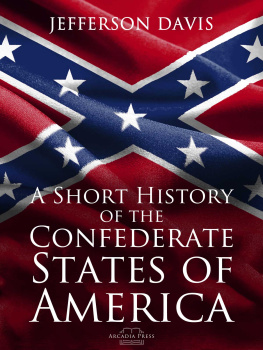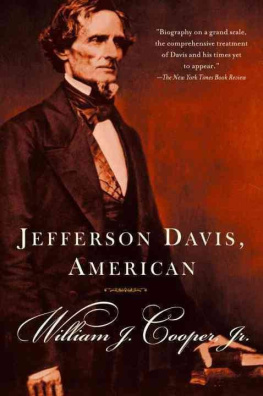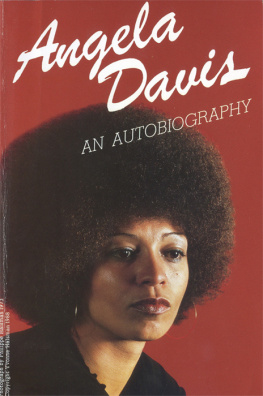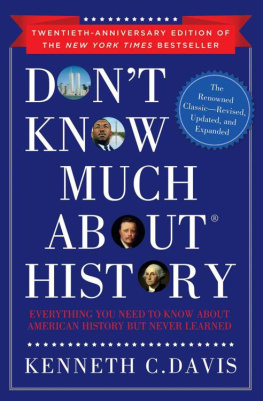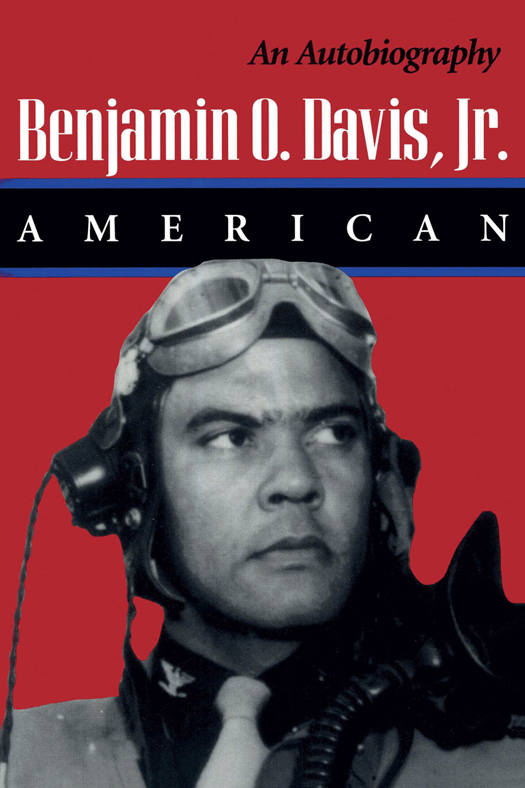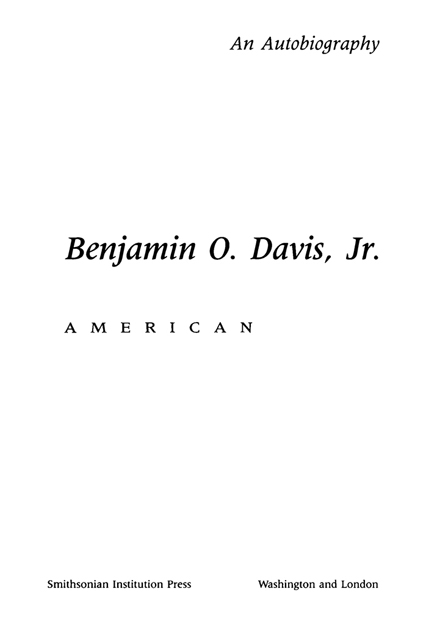Benjamin O. Davis - Benjamin O. Davis, Jr.: American: An Autobiography
Here you can read online Benjamin O. Davis - Benjamin O. Davis, Jr.: American: An Autobiography full text of the book (entire story) in english for free. Download pdf and epub, get meaning, cover and reviews about this ebook. year: 2016, publisher: Smithsonian, genre: Non-fiction. Description of the work, (preface) as well as reviews are available. Best literature library LitArk.com created for fans of good reading and offers a wide selection of genres:
Romance novel
Science fiction
Adventure
Detective
Science
History
Home and family
Prose
Art
Politics
Computer
Non-fiction
Religion
Business
Children
Humor
Choose a favorite category and find really read worthwhile books. Enjoy immersion in the world of imagination, feel the emotions of the characters or learn something new for yourself, make an fascinating discovery.

- Book:Benjamin O. Davis, Jr.: American: An Autobiography
- Author:
- Publisher:Smithsonian
- Genre:
- Year:2016
- Rating:4 / 5
- Favourites:Add to favourites
- Your mark:
Benjamin O. Davis, Jr.: American: An Autobiography: summary, description and annotation
We offer to read an annotation, description, summary or preface (depends on what the author of the book "Benjamin O. Davis, Jr.: American: An Autobiography" wrote himself). If you haven't found the necessary information about the book — write in the comments, we will try to find it.
With twelve million citizens the black population of the United Statespulling for him, Davis entered West Point in 1932, resolved to become an officer even though official military directives stated that blacks were decidedly inferior, lacking in courage, superstitious, and dominated by moral and character weaknesses. Silenced by his peers, for four years spoken to only in the line of duty, David did not falter. He graduated 35th in a class of 276 and requested assignment to the Army Air Corps, then closed to blacks.
He went on to lead the 99th Pursuit Squadron and the 332nd Fighter Groupunits known today as the Tuskegee Airmeninto air combat over North Africa and Italy during World War II. His performance, and that of his men, enabled the Air Force to integrate years before civilian society confronted segregation. Thereafter, in a distinguished career in the Far East, Europe, and the United States, Davis commanded both black and white units.
Daviss story is interwoven with often painful accounts of the discrimination he and his wife, Agatha, endured as a fact of American military and civilian life. Traveling across the country, unable to find food and lodging, they were often forced to make their way nonstop. Once on base, they were denied use of clubs and, in the early days, were never allowed to attend social activities. Though on-base problems were solved by President Trumans integration of the military in 1949, conditions in the civilian community continued, eased but not erased by enactment of President Johnsons legislative program in the 1960s. Overseas, however, where relations were unfettered by racism, the Davises enjoyed numerous friendships within the military and with such foreign dignitaries as President and Madame Chiang Kai-shek.
Benjamin O. Davis, Jr., retired in 1970 as a three-star general. His autobiography, capturing the fortitude and spirit with which he and his wife met the pettiness of segregation, bears out Daviss conviction that discriminationboth within the military and in American societyreflects neither this nations ideals nor the best use of its human resources.
Benjamin O. Davis: author's other books
Who wrote Benjamin O. Davis, Jr.: American: An Autobiography? Find out the surname, the name of the author of the book and a list of all author's works by series.

